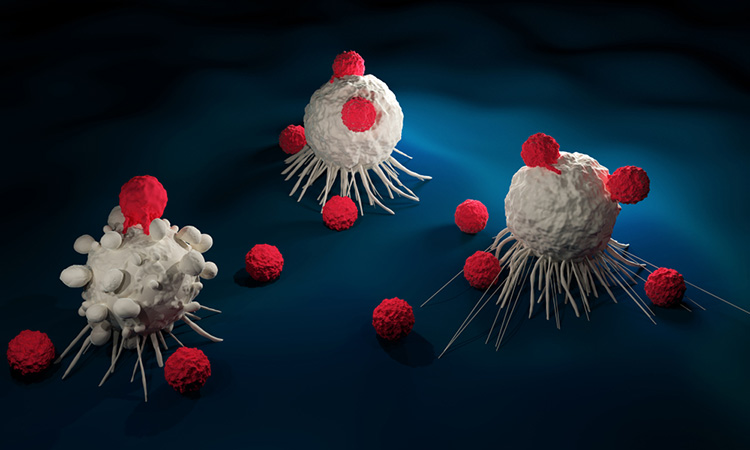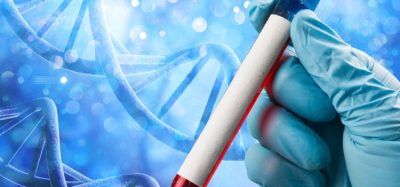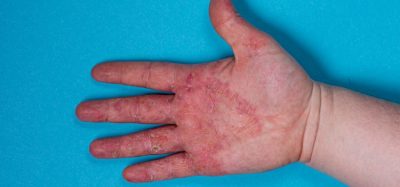NICE recommends new CAR T-cell therapy to treat mantle cell lymphoma
Posted: 25 January 2021 | Victoria Rees (European Pharmaceutical Review) | No comments yet
NICE has recommended that the CAR T-cell therapy Tecartus be given to patients with relapsed or refractory mantle cell lymphoma.


The UK National Institute for Health and Care Excellence (NICE) has recommended a new CAR T-cell therapy to be available to National Health Service (NHS) patients via the Cancer Drugs Fund.
The personalised treatment, called Tecartus or autologous anti-CD19-transduced CD3+, is produced by Kite. NHS clinicians in England will be able to consider the treatment for some patients with a form of lymphoma, a cancer that attacks the immune system.
Tecartus is a CAR T-cell therapy that uses a patient’s white blood cells which are then re-engineered in a laboratory so they can recognise and attack cancer cells before being infused back into the patient. New NICE guidance says the treatment can be considered for those with relapsed or refractory mantle cell lymphoma, who must previously have had a drug called Bruton’s tyrosine kinase (BTK) inhibitor, such as ibrutinib.
NICE has agreed a managed access agreement with manufacturer Kite – a Gilead company – so more data can be collected while patients can access the treatment.
Meindert Boysen, Deputy Chief Executive and Director of NICE’s centre for health technology evaluation, said: “We are pleased to be able to recommend another revolutionary CAR T-cell therapy, this time for adults with mantle cell lymphoma, which represents a step forward for personalised medicine. Clinicians will be able to consider this innovative therapy for their patients because of joint working between NICE, NHS England and NHS Improvement and the company. CAR T-cell therapy is expensive. The treatment is specific to each individual and could be a potential cure for some, although it is early days. Our recommendation for Tecartus, on the Cancer Drugs Fund, means people can benefit while more data is collected.”
A confidential discount for use of the therapy was agreed by NHS England and Kite. According to NICE, around 100 patients each year could be treated with this CAR T-cell therapy.
Related topics
Anti-Cancer Therapeutics, Immunotherapy, Personalised medicine, t-cells, Therapeutics
Related organisations
Kite, UK National Health Service (NHS), UK National Institute for Health and Care Excellence (NICE)









